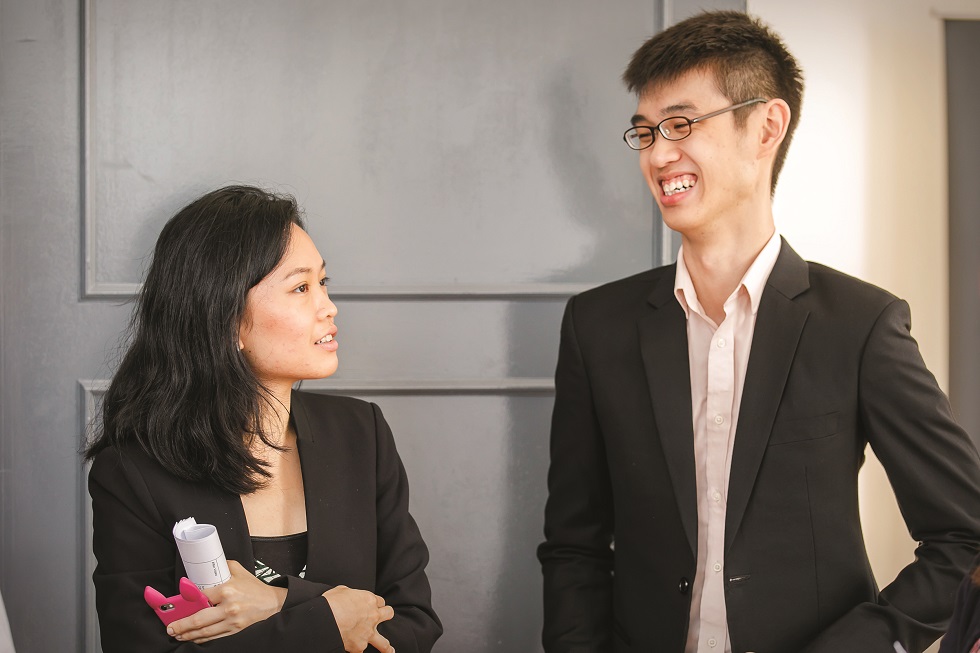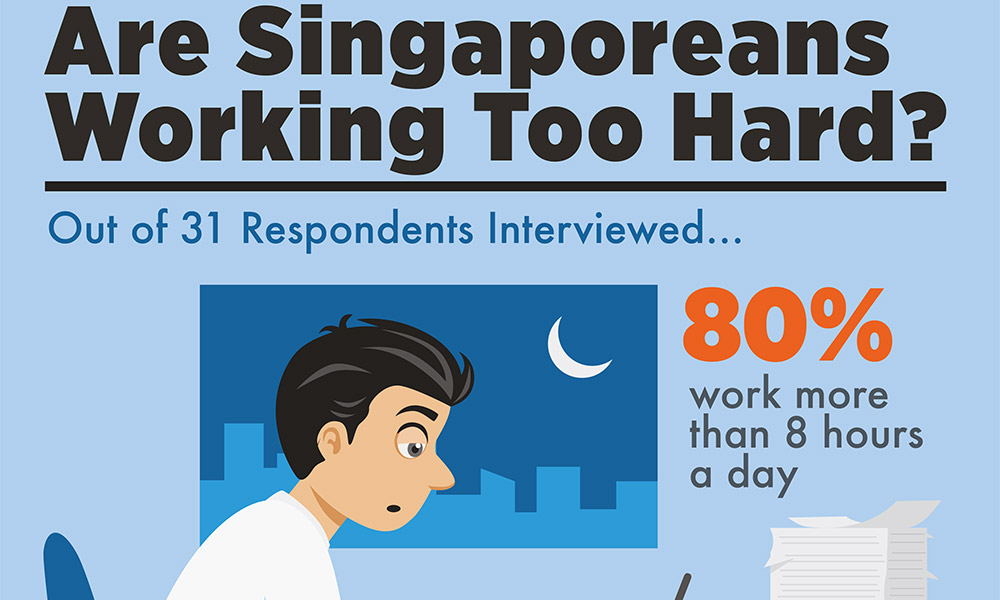By Cecilia Lim
Chiang Kai-shek (蒋介石), or more often known as Chiang Chung-cheng (蒋中正) in Taiwan, is probably one of the most controversial political figures in Asia. In current mainland China, he is often pictured as passively resisting the Japanese invasion during the Second Sino-Japanese War. In Taiwan, many consider him to be a dictator that contributed little to the development of Taiwan.
It is undeniable, however, that Chiang was among the first world leaders after the second world war to understand the great danger that communism posed. As the then President of the Republic of China, which was part of the Allies of World War II, Chiang Kai-shek was running a country big in size but small in power. Still, he had a vision for the world to stop communism from growing.
Few people know about Chiang’s efforts in helping Japan retain its emperor system during the Cairo Conference.
“At the time there was an impending world war that’s inevitable—the war between communists and anti-communists. It was a pity that many did not realise this,” said Chiang Kai-shek’s second son, Chiang Wei-kuo (蒋纬国), in his oral autobiography.
What was Chiang Kai-Shek’s vision at that time? Was it ever realised?
Chiang’s Efforts in Preventing the Influence of Communism on Japan
Joined by the then US President Franklin D. Roosevelt, Chinese President Chiang Kai-shek and British Prime Minister Winston Churchill, the first Cairo Conference was held in November 1943.
During the conference, the three leaders discussed the progress of the war against Japan at the time, as well as the future of Asia.
On December 1, the US, the Republic of China and Great Britain jointly released the Cairo Declaration, in which the three allies “pledged to continue the war against Japan and to eject the Japanese forces from all the territories it had conquered, including the Chinese territories, Korea, and the Pacific Islands”, according to the online archive of the US Department of State.

Today, many heated arguments and debates are centred around the Cairo Declaration, especially in Taiwan. Those advocating the concept of a unified China with Taiwan being part of its territory cited the declaration as the basis of their arguments while supporters of the independence of Taiwan question its legal significance.
Putting the contentions aside, few people know about Chiang’s efforts in helping Japan retain its emperor system during the Cairo Conference.
On November 23, 1943, Roosevelt met Chiang for dinner at Roosevelt’s resort house in Cairo. They exchanged opinions over several issues during the meeting, including the status of the Japanese emperor after the war.
When Roosevelt asked Chiang whether the Japanese emperor system should be abolished, Chiang replied that “this was a problem which concerned the basic structure of the Japanese government. Therefore, in order not to commit a mistake which would plague international relations far into the future, it would be best that ‘the form of the Japanese government should be determined by the wishes of the Japanese people themselves after the war’”.
A record of Chiang’s response can be found in the book ‘Chiang Kai-shek, His Life and Times’ by Keiji Furuya. The above is cited from ‘The Dual-Image of the Japanese Emperor’ by Kiyoko Takeda, Japanese historian and professor emerita at International Christian University in Tokyo.
Why did Chiang advise the Allies to preserve the emperor system in Japan?
In Chiang’s speech given at the 7th National Congress of Kuomintang (in Taipei, 1952), he explained his considerations at the time.

“I had already foreseen the possibility and danger of the eastward invasion by the Union of Soviet Socialist Republics (USSR) at the time. To prevent Japan from falling under communist control after the war, at the Cairo Conference I advocated that the form of Japanese government be decided by the Japanese people—In other words, Japan could retain its emperor system after the war, ” said Chiang Kai-shek.
Chiang also believed in the values of tolerance and compassion when dealing with the post-war relationship between Japan and China.
To thank and commemorate Chiang’s spirit of returning good for evil and his contribution to preserving the emperor system in Japan, a shrine was erected for him in Aichi Prefecture in Japan.
The Real War Against Communism Is the War on Culture
Throughout his life, Chiang Kai-shek spent 48 years resisting communism. To him, the battle between communism and anti-communism essentially is a war on culture.
“The fight against communism is for enabling each citizen and family in the society to enjoy freedom of life; meanwhile, it is also a culture war that we fight to preserve our history, ethics and moral principles which place love and compassion (仁爱) at the centre,” Chiang wrote in 1949.
Born in 1887 in Zhejiang, an eastern coastal province of China, Chiang received private tuition at the age of five where he learned ‘The Three Character Classics’ (三字经) and ‘Hundred Family Surnames’ (百家姓). These were the traditional introductory literary texts intended for young children.
Growing up learning the Confucian classics, Chiang nurtured an appreciation of traditional Chinese culture and values. In his eyes, these were the spiritual foundation of China.
“One needs to have his spirit. Otherwise, he may appear dead inside. Similarly, if a nation loses its spirit, even if it still exists, it has de facto collapsed,” Chiang stated in 1932.
At the time, the country was weak and divided. For most people, life was wretched. Someone had to rescue China from these miserable conditions. Chiang was a patriot and willing to try. He was determined to rebuild the nation through reviving the spiritual foundation of China.
Communism, however, was his impediment.
Chiang viewed the communist ideology of class struggle as a sheer deviation from the traditional values of loyalty, filial piety, compassion and righteousness (忠孝仁义), threatening China’s spiritual foundation.
“Bandits (referring to the communists in China) are neither loyal to their own nation, nor loyal to their officers and subordinates. Regardless of whether one is guilty or not, they could kill or torture him. They are inhumane and lack trustworthiness,” said Chiang.
In 1933, the Nationalist Party of China led by Chiang Kai-shek was deep in the war against the communist party led by Mao Zedong, which was based in the southern province of Jiangxi.
In an essay published in Hong Kong’s ‘Twenty-First Century Bimonthly’, Gao Hua, a late historian of modern Chinese history, detailed how Mao rose to power and secured his control within the communist party in Jiangxi through violent purges of local communists and even local people.
One needs to have his spirit. Otherwise, he may appear dead inside. Similarly, if a nation loses its spirit, even if it still exists, it has de facto collapsed.
Chiang Kai-shek
The idea of the existence of a class struggle between the ‘upper’ and ‘working’ class lies at the centre of the communist ideology. When in Jiangxi, Mao made use of this idea and started a ‘struggle’ among the farmers against wealthier residents. He gripped power by labelling those with different opinions from him as of the wealthier class. In the communist perspective, the wealthy is the enemy of the poor, and should be fought against.
An order issued by the communist party in 1930 exemplifies how family relationships and societal relationships were crippled and broken down to brutal class struggles under communist control.
The order reads as follows: There exists only class differences among the people; care not about relationships among families and friends. Whoever seems not aligned, regardless of whether he is a friend or relative, report him to the (Jiangxi) Soviet.
Returning to Tradition: The Chinese Cultural Renaissance Movement
In 1949, Chiang Kai-shek lost the war against the communist party in China and retreated to Taiwan; the following year, the Korean war broke out.
In Chiang’s later years, he was gradually out of the spotlight on the world’s political scene and many judged him to be a loser. However, Chiang never accepted defeat and continued his efforts in resisting communism in Taiwan.
He believed that traditional values and religious beliefs are the best weapon against communism.
“Science and matter can be seen. Though spirits and morals are not visible, they propel creativity. What the communists fear and detest the most is not science, but moral and spiritual values,” Chiang wrote on Good Friday in 1960.
In 1966, Mao launched the Cultural Revolution, which brought the tide of anti-tradition to a peak in mainland China.
Across the Taiwan Strait, Chiang launched the Chinese Cultural Renaissance Movement in 1967, countering the destruction of traditional Chinese culture under Mao’s communist regime.
Chairing the committee of the Chinese Cultural Renaissance Movement, Chiang supervised the compilation and publication of annotated versions of many classical texts, including the annotated Book of Changes (周易), Lao Tzu (老子), Classic of Poetry (诗经) and Mencius (孟子).
In preserving these classics, Chiang was hoping to pass on China’s ancient culture and wisdom.
Further, Chiang encouraged primary and high school students to learn and appreciate ancient poems and rhymes from the Tang (A.D. 618-907) and Song dynasties (A.D. 960–1279).
He also required schools to foster students’ understanding of “Propriety, Righteousness, Integrity, and Shame (礼义廉耻)” so that traditional culture and values could be inculcated in the younger generation.
Would you believe that civil servant examinations in Taiwan also test one’s understanding of traditional Chinese culture and history?
Interestingly, in a 2014 civil service exam paper, examinees were asked about their understanding of the Records of the Grand Historian (史记), which was deemed a foundational text in Chinese civilisation.
In the spirit of Neo-Confucian philosopher Wang Yangming’s (王阳明) “unity of knowledge and action (知行合一)”, a code of conduct was designed in 1968 so that people could practise traditional values besides learning them in everyday life.
In 1970, a more detailed Guide of National Etiquette (国民礼仪范例) was published to help Taiwanese live an elegant life.
For instance, the Guide included recommendations on how to host a feast. Details such as when an invitation should be sent, how to reply to invitations and illustrations of how tables should be arranged were also covered.
What were the effects of Chiang’s Chinese Cultural Renaissance Movement?
In stark contrast to mainland China, Taiwan was turned into a stronghold for traditional Chinese culture and civilisation.
Between the 1960s and 1990s, Taiwan also enjoyed rapid economic growth and became one of the four Asian Tigers.
This makes one wonder: Had Chiang Kai-shek won the war against the communist party in 1949, would China be an economic powerhouse 30 years earlier?

















